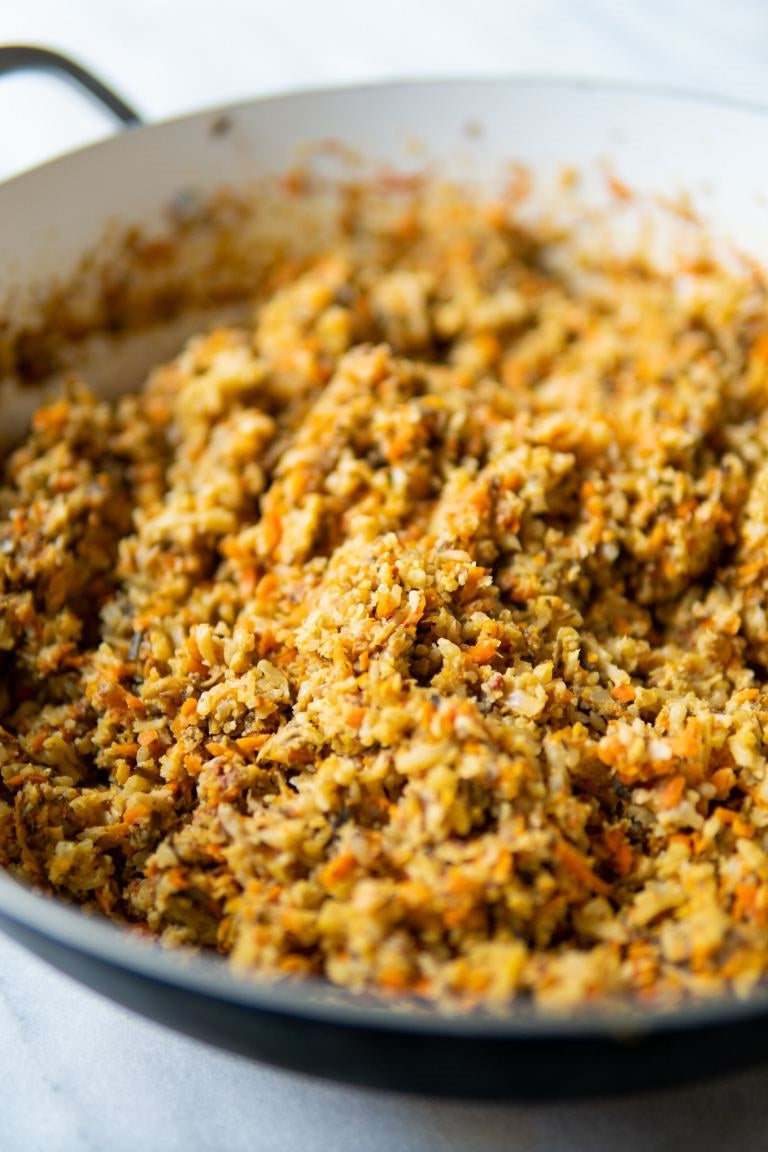As early as age 7, the call for a balanced diet began ringing, with a clear and concise meaning. And guess what? Even after adolescence, the bell about a balanced diet keeps ringing.
This is a clear indication of the fact that a balanced diet knows no bounds in terms of age bracket or geographical location, especially when healthy living is the goal.
What is a balanced diet?
In its simplest form, you can say that a balanced diet is the right combination of food nutrients that helps the body to function correctly.
And as you will rightly guess, these food nutrients can be sourced from fruits, veggies, lean proteins, healthy fats, and most importantly, water.
Importance of a balanced diet
As mentioned earlier, a balanced diet keeps the body working in its best state. So, this then implies that without a balanced diet in your daily diet, your immune system will be weak, making you susceptible to infections and diseases. Yes, even the much-dreaded novel COVID-19.
Major Nutritional Sources of a Balanced Diet
The major nutritional dietary sources for a balanced diet are in most cases referred to as the essential nutrients.
And according to the World Health Organization, essential nutrients are very important for the proper functioning of the body.
Despite the importance of the essential nutrients to the body, the body in its normal capacity cannot manufacture them, and so we are solely dependent on healthy dietary sources for these nutrients.
Without much ado, here are the various nutritional sources that you need for a balanced diet.
- Vitamins
Vitamins remain one of the core nutritional requirements that your body requires for staying healthy. This is because vitamins help to boost the immune system, as well as enhancing tissue functions.
Essentially, your body needs about 13 vitamins in addition to vitamins A, B6, C, and D to function properly, and this is very important in the development of healthy skin, bones, and sight. Some healthy sources of dietary vitamins include vegetables and fruits.
- Fats
Although many people have labeled fat "the bad guy down the street," healthy fats are very important in a balanced diet.
Yes, healthy fats are pretty important in the body, especially in the absorption of minerals and vitamins in the body. More so, fats also help in the development of fiber muscles, blood clotting, and in the building up of cells in the body.
And this list can’t be complete without the mention that fats are also high in calories, which can act as energy back up for your body's metabolic activities.
However, recommendations from the World Health Organization requires that your daily calorie from fat should be below 30 percent. Some healthy sources of dietary fats include; fish, seeds, nuts, vegetable oils such as avocado and olive, and they all exist in the form of omega-3 and omega-6 fatty acids.
- Protein
Unlike fats with a mixed reputation, protein seems to be having its moments, and everyone seems to be in love with it.
And like other nutritional sources of a balanced diet, proteins are very important in growth, body maintenance, and the overall health of an individual.
Some healthy sources of dietary protein include eggs, beans, soy, fish, nuts, as well as some grains.
- Minerals
Similar to vitamins, minerals such as zinc, calcium, and iron also contribute to the proper functioning of the body.
More so, minerals also regulate other metabolic activities such as the development of strong teeth, bones, and even staying hydrated.
Besides the development of strong bones and teeth, minerals such as calcium also help in maintaining healthy blood pressure, nerve signal transmission, muscle contraction, and relaxation.
Other minerals such as zinc play a major role in boosting the immune system while iron helps to enhance the development of hormones and red blood cells.
- Carbohydrates
Although the most highly exalted probably due to its predominance, carbohydrates, just like other dietary sources for a balanced diet is important for a healthy body.
Most outstanding about carbohydrates is its high-calorie content, and this makes it the primary source of energy in the body.
Besides fuelling the body's metabolic activities, carbohydrates also enhance the functioning of the brain and the central nervous system. Some healthy sources of dietary carbohydrate include whole grains, fruits, fiber-rich vegetables, and beans.
- Water
Sure, it won’t be breaking news that water sustains your life. Yes, this is true because, without water, you can only survive for a few days.
Besides having a general health-enhancing ability, water improves your mood, brain function and also acts as a shock absorber by lubricating the body.
This can’t go unmentioned! Water helps in the transport of nutrients to various cells of the body, prevents dehydration, aids in easy digestion of food, and improves concentration and physical performance.
Some healthy alternative sources of water for hydration include fruits and watery vegetables.
Wrap Up
A balanced diet is the most recommended eating lifestyle that promotes healthy living.
A balanced diet can be obtained from the right proportion of various dietary ingredients such as carbohydrates, proteins, fats, vitamins, minerals, and water.


